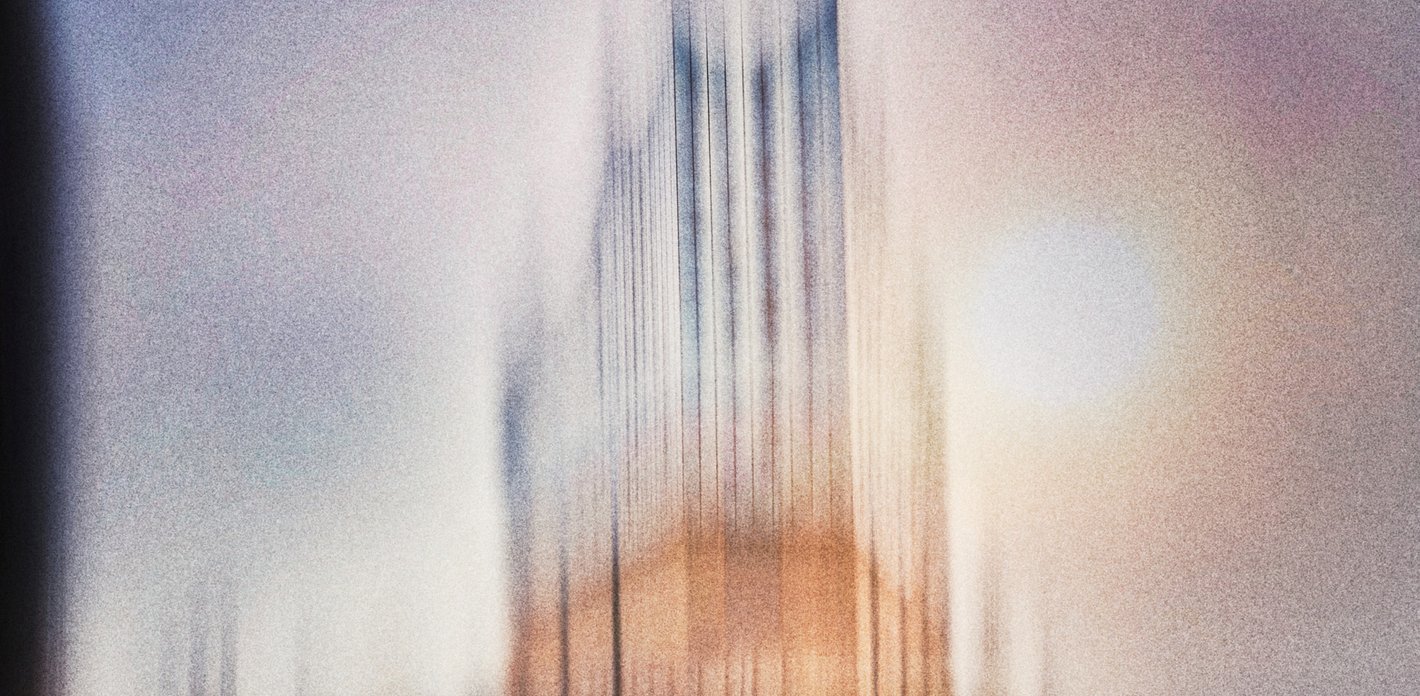The Elbphilharmonie magazine format »Umgehört« (Asked around) gets very personal: Seven artists – be they composers or musicians, pop or classical music – are asked one question and reveal their (inner)lives. This concerns the togetherness and juxtaposition of different perspectives on broad topics, which are essentially only composed of individual subjective experiences.
This time, the focus is on the theme of »Future« – the motto of the Hamburg International Music Festival in the 2024/25 season. Where does music stand today? And where is it heading? These are questions that defy simple answers – and thus leave plenty of room for personal speculation.
Bryce Dessner
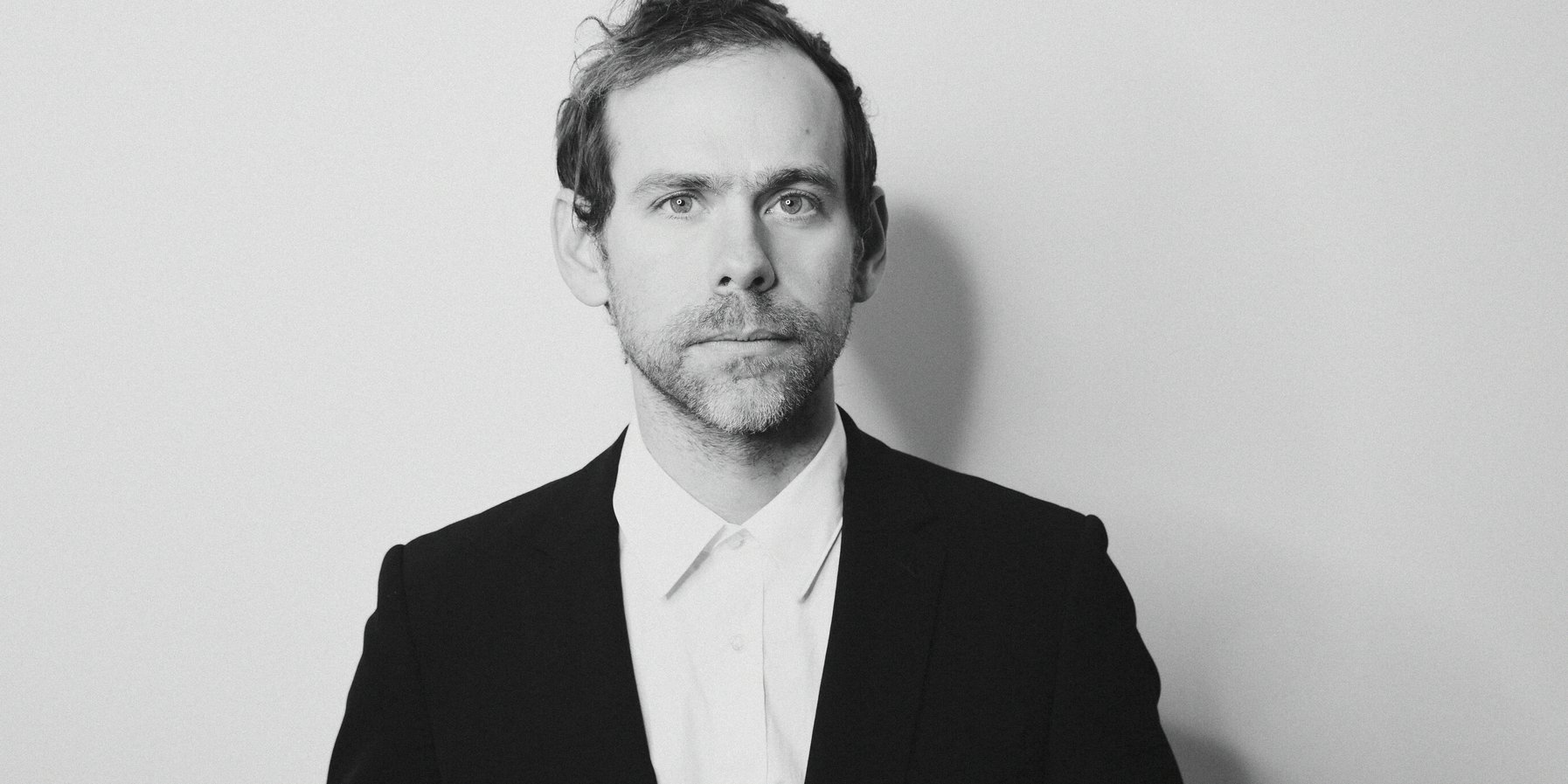
»Robots that play the piano and AI that composes music?« For the American composer and guitarist of the band The National, this is not a bright future. He hopes that people will instead »concentrate on the actual experience of listening to live music played by people. Particularly in our modern world, with the lack of community experiences and all the geopolitical and religious conflicts, art, and especially music, is becoming a refuge and a space to reconnect.« As early as 2017, the Grammy winner brought together companions and peers of different origin and styles for the first Elbphilharmonie »Reflektor« Festival. Since then, you can experience him here in all his diversity. Most recently, his violin concerto was performed at the 2024 New Year’s Eve Concert.
DECODER ENSEMBLE, SONJA LENA SCHMID
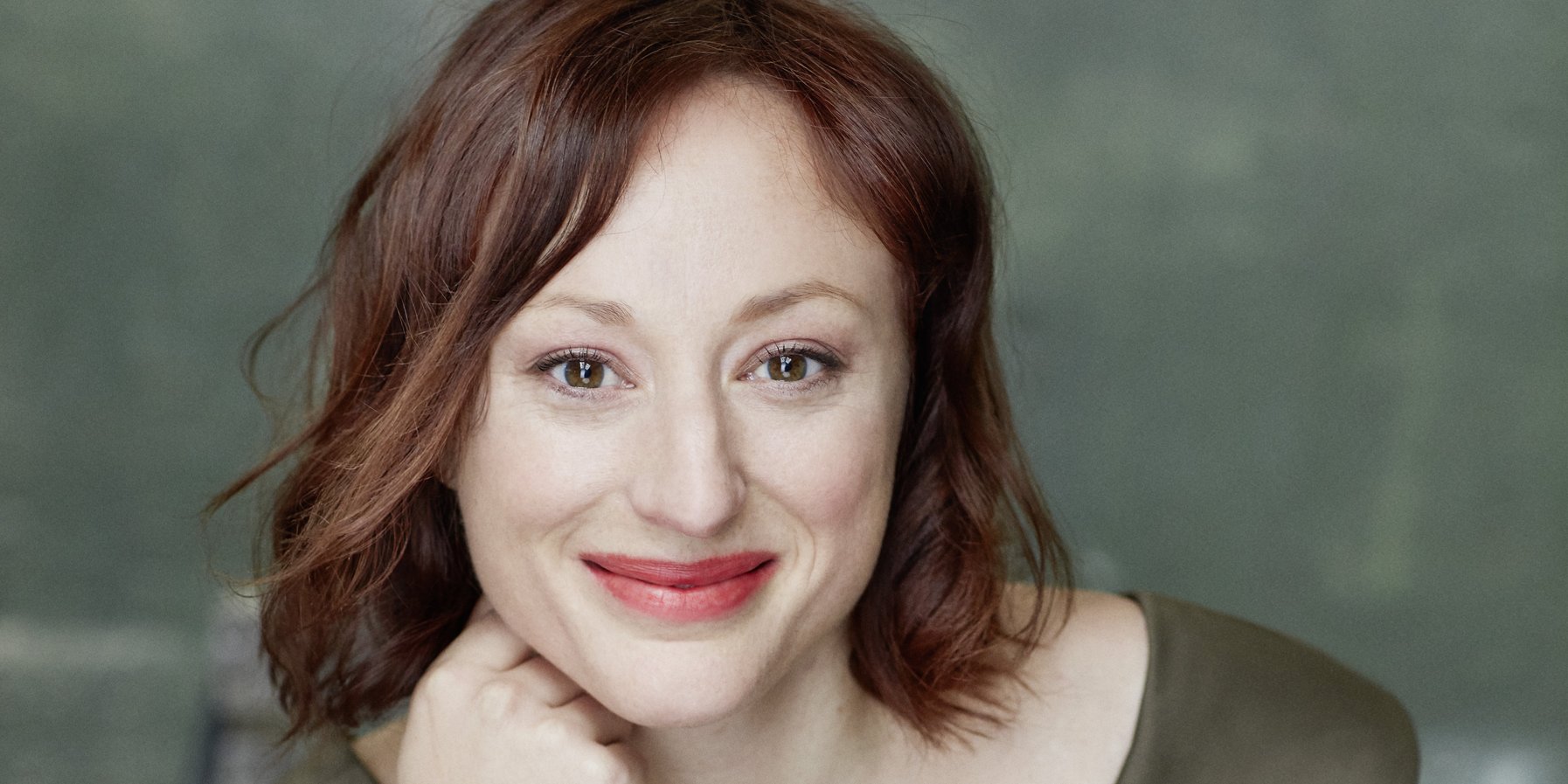
Modern technology will increasingly change our relationship with music – cellist Sonja Lena Schmid of the Decoder Ensemble is convinced of this: »Intelligent systems will tonally move flexibly in line with any of our actions, for example in driving. They always gauge the desired atmosphere and accentuate it. Sound will always accompany us everywhere and it has long since scarcely been designed by human brains.« On 18 May, the six-piece »Band für Neue Musik« (Band for Contemporary Music) explores the work of six young composers for whom working with AI is becoming almost a matter of course. However, the question arises: Is this now a creative potential or a threat to people and their identity? Sonja Lena Schmid thinks that »sounds familiar to us today« would be steadily erased by these developments: »the jingling of cash, the flapping of an eagle’s wings, buzzing wild bees, footsteps in the snow …«
Roderick Cox
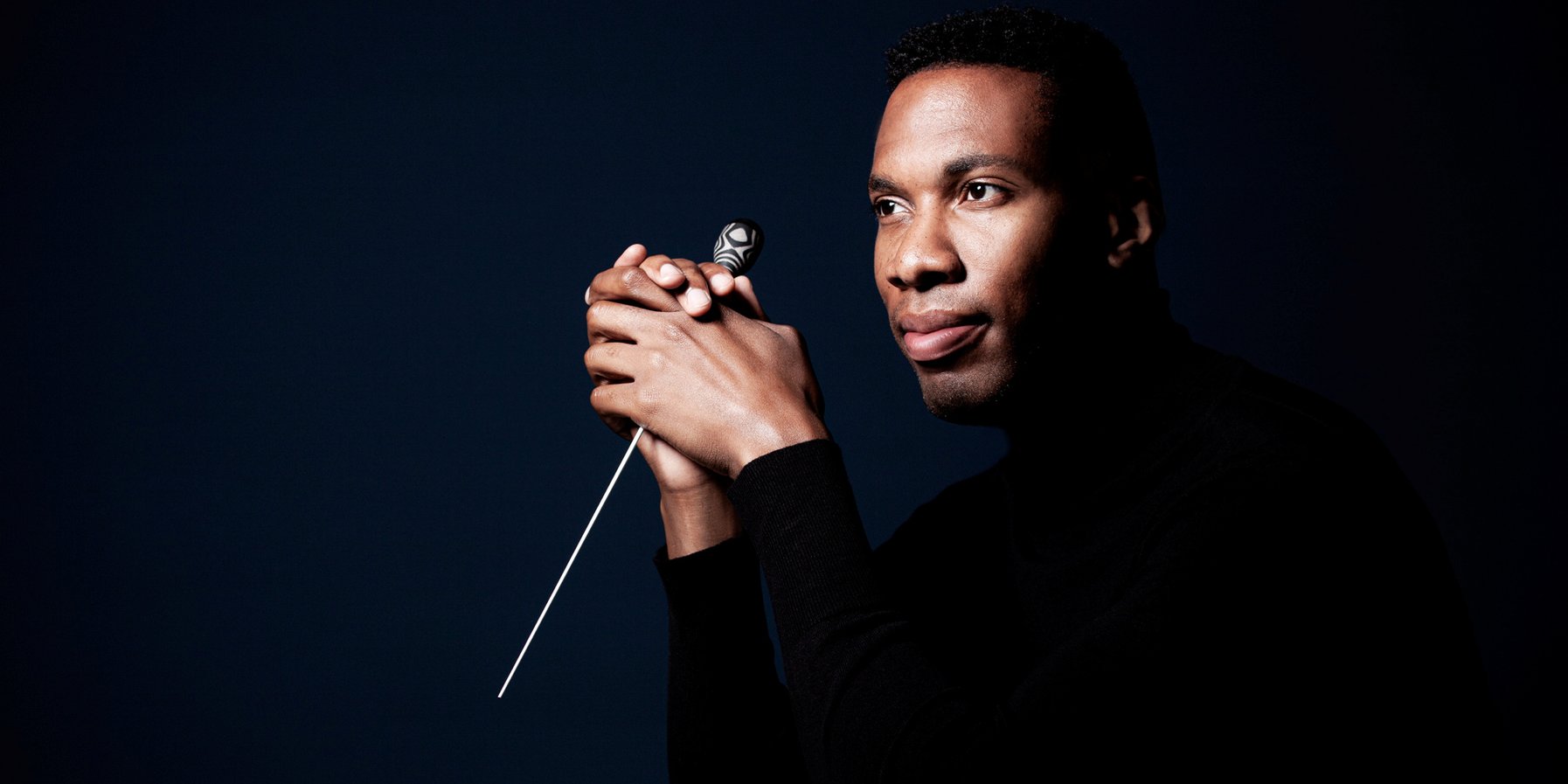
»I am concerned that the future could bring more silence,« says American conductor Roderick Cox. »In many countries, budgets for the arts, especially for western music, are currently being cut back. I am witnessing this now in my adopted home of Berlin and my musical home of France. The future may not sound as it should at all – lively, powerful, multifaceted and in positive change.« New technological possibilities are for him no substitute for the live musical experience: »Virtual reality and Artificial Intelligence can never sound as precious, as sincere or heartfelt as the music created by artists these days.« Since Cox made his Elbphilharmonie debut in 2021 with the concert project »Song of America: A Celebration of Black Music«, he returns with Stravinsky’s »The Rite of Spring«, an early 20th century classic, which threw the door to the future of music wide open.
Johannes Maria Staud
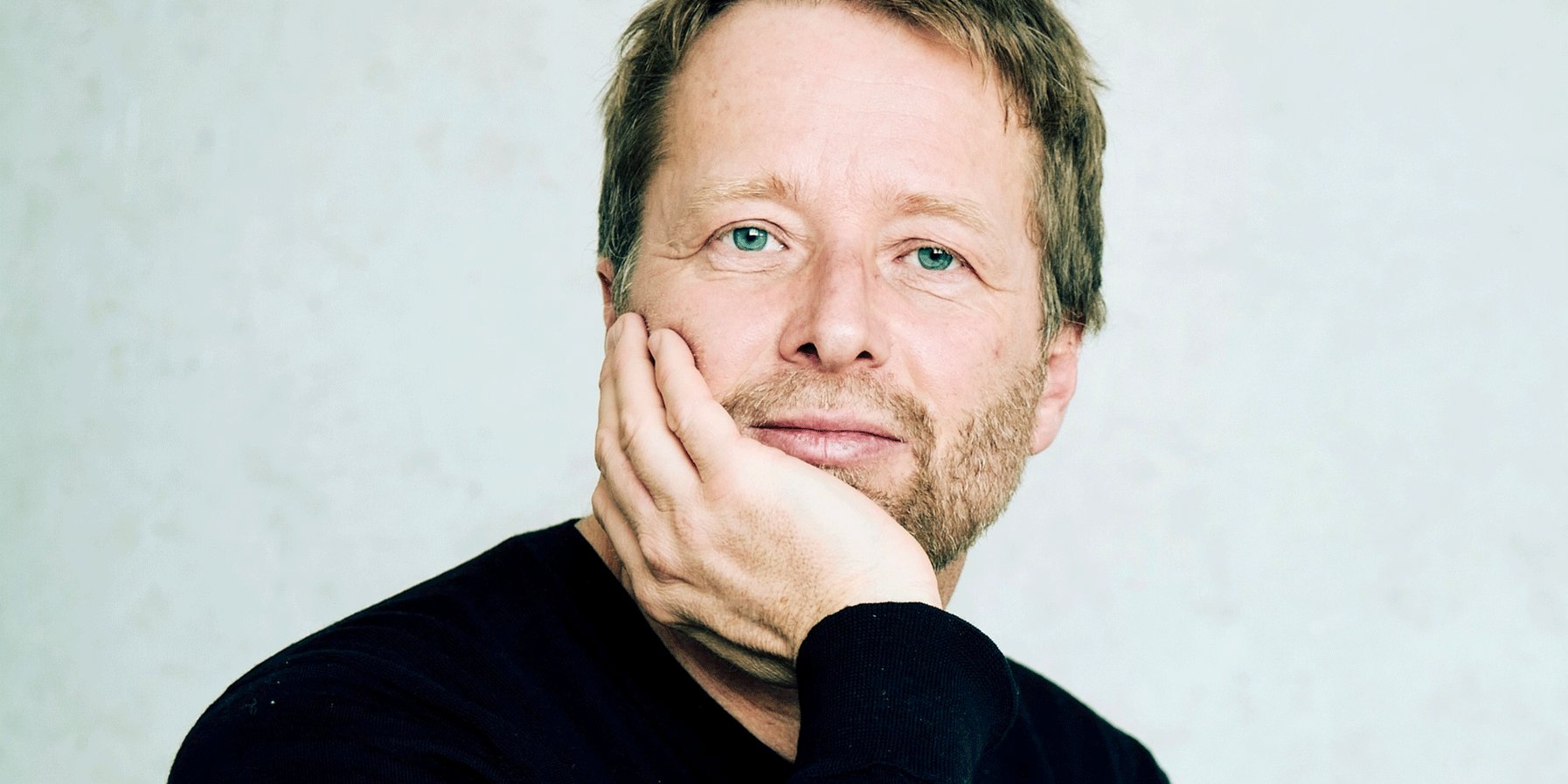
»Of course, I don’t know what the future will sound like, but with each new piece I make a bit more progress,« explains composer Johannes Maria Staud. »You are always caught in your own time, but it’s a matter of avoiding well-trodden paths because clichés wait behind each corner – in electronics just as in instrumental music.« That’s why the issue of the medium is secondary to this Austrian, born in 1974; experimenting with forms, sounds and line-ups is what matters. In his percussion concerto that premiered in 2023, for instance, which you can experience in February at the Elbphilharmonie Visions Festival, he intends »with the combination of instruments ranging from high-tech and low-tech instruments, such as plant pots, wooden crates and metal canisters, to create a world which does not yet exist and which people do not even know yet«: a concert with an unusual texture, a surprising dramatic composition and a powerful box of sound colours.
Monika Dalach Sayers

Monika Dalach Sayers observes in the artists of generations Y and Z a growing number of »hybrid, electroacoustic pieces that use new media as well as innovative, multi-dimensional practices in the field of sound design«. For the young Polish composer, multimedia artist and sound designer, it is certain that the sound of the future is closely »linked to the development of new performance techniques and the rapid advance of technology as well as the potential impact of AI and automation in the composition process«. Dalach Sayers herself is looking for new, hybrid forms of musical expression by juxtaposing traditional ensemble settings with electronics, performative elements, text and innovative media. A brand new work by the experimental artist brings the Decoder Ensemble onto the stage of the Recital Hall on 18 May as part of her programme »Future Recognition«.
ICTUS ENSEMBLE, JEAN-LUC PLOUVIER
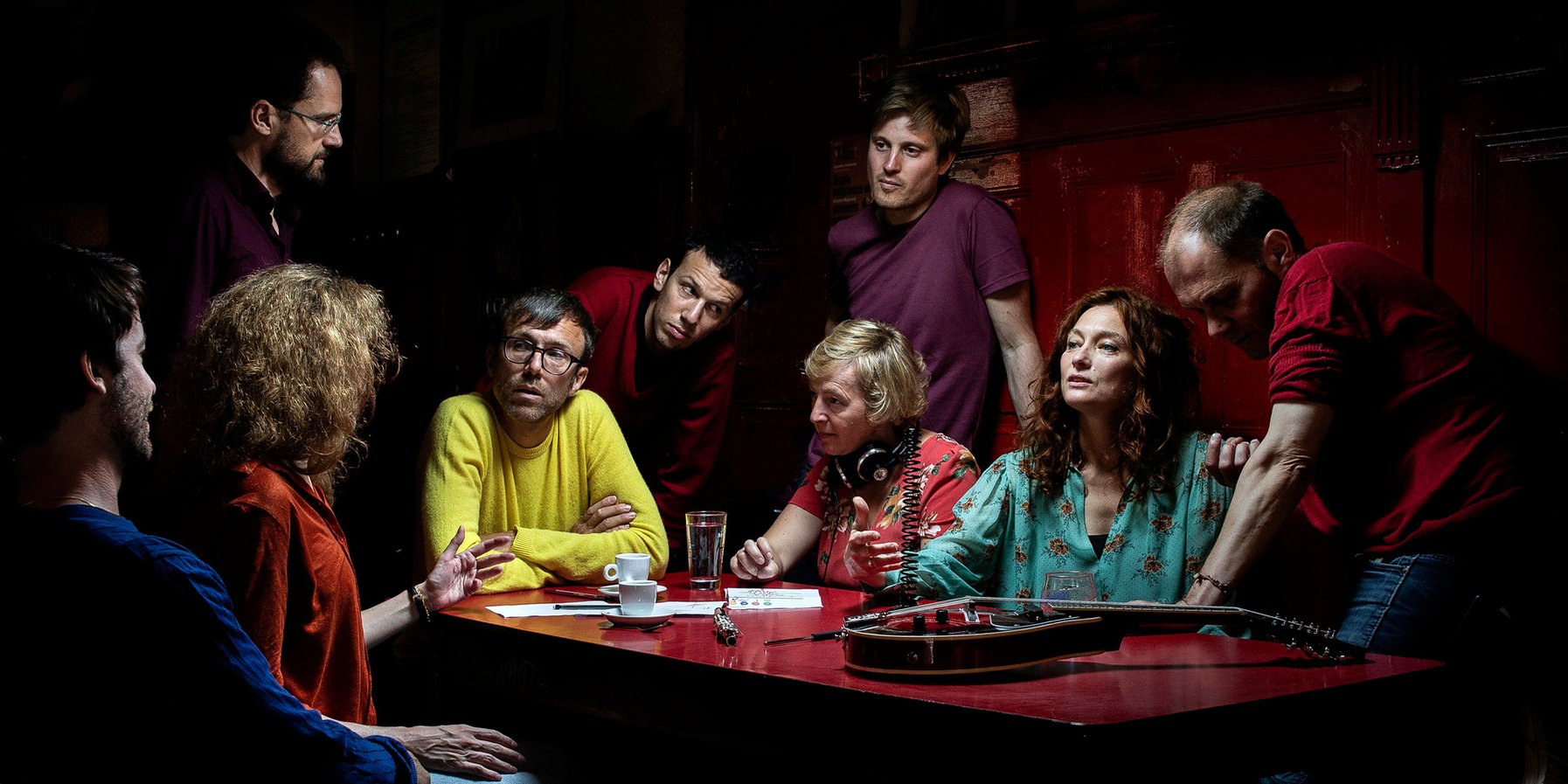
The issue of the music of the future inevitably takes Jean-Luc Plouvier, pianist and founder of the Belgian Ictus Ensemble, into the past. »The inventors of the theremin and serial syntax, those who posed for photos at the controllers of their Polymoog or came up with the term ›panmodalism‹ wrote stories like a science fiction novel. But the continual renewal of the material became suspicious.« The Ictus Ensemble is instead interested in the renewal of performance practice: »new latitudes for creating music, allowing musicians to invent their own instrument, to redefine the relationship between interpreters, improvisers, composers and encoders, i.e. the people who perform digital artworks. The more likely question, therefore, arises as to how sound practices will change our future.« The Ensemble gives one possible response to this on 21 and 22 May with its performance of Eva Reiter’s experimental opera »The Rise«, which evokes the parallel worlds of life and death using instruments they developed themselves and innovative sound languages.
Titus Engel
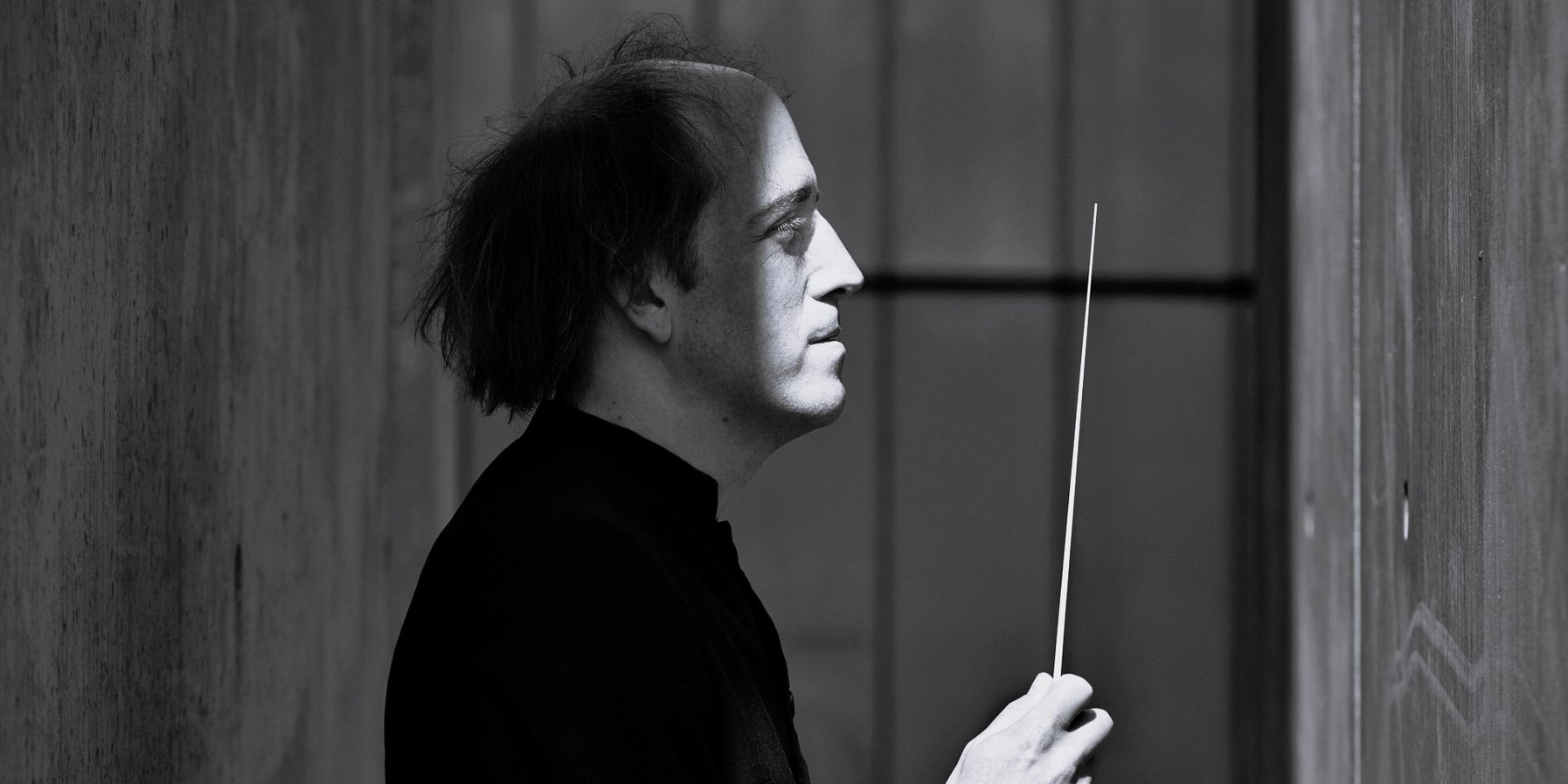
Titus Engel is principal conductor of the Basel Sinfonietta, one of the best orchestras for contemporary music, and is consequently really close to the musical pulse of the time. Together, they perform the award-winning work »Become Ocean« by composer and environmental activist John Luther Adams in May at the Elbphilharmonie. This work makes the impacts of climate change tangible in an impressive way. With such a visionary programme, it is no surprise that the German conductor is convinced that the music of the future reveals »the human abysses, but also the potential capacity for love and generosity of our species. It arouses great emotions and is spiritually uplifting. It beguiles you into listening closely and is, therefore, an exemplary model for a society that is relearning to listen to each other.« With his unconventional programming, Engel is already endeavouring to create greater openness to new things today. Because he knows: music is no longer being »written for the ivory tower, but for a mainstream society – without being unambitious.«
This article was published in the Elbphilharmonie Magazine (Issue 2/25).
